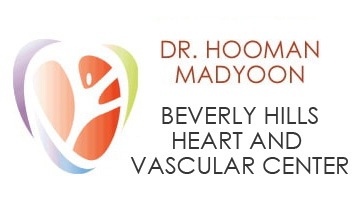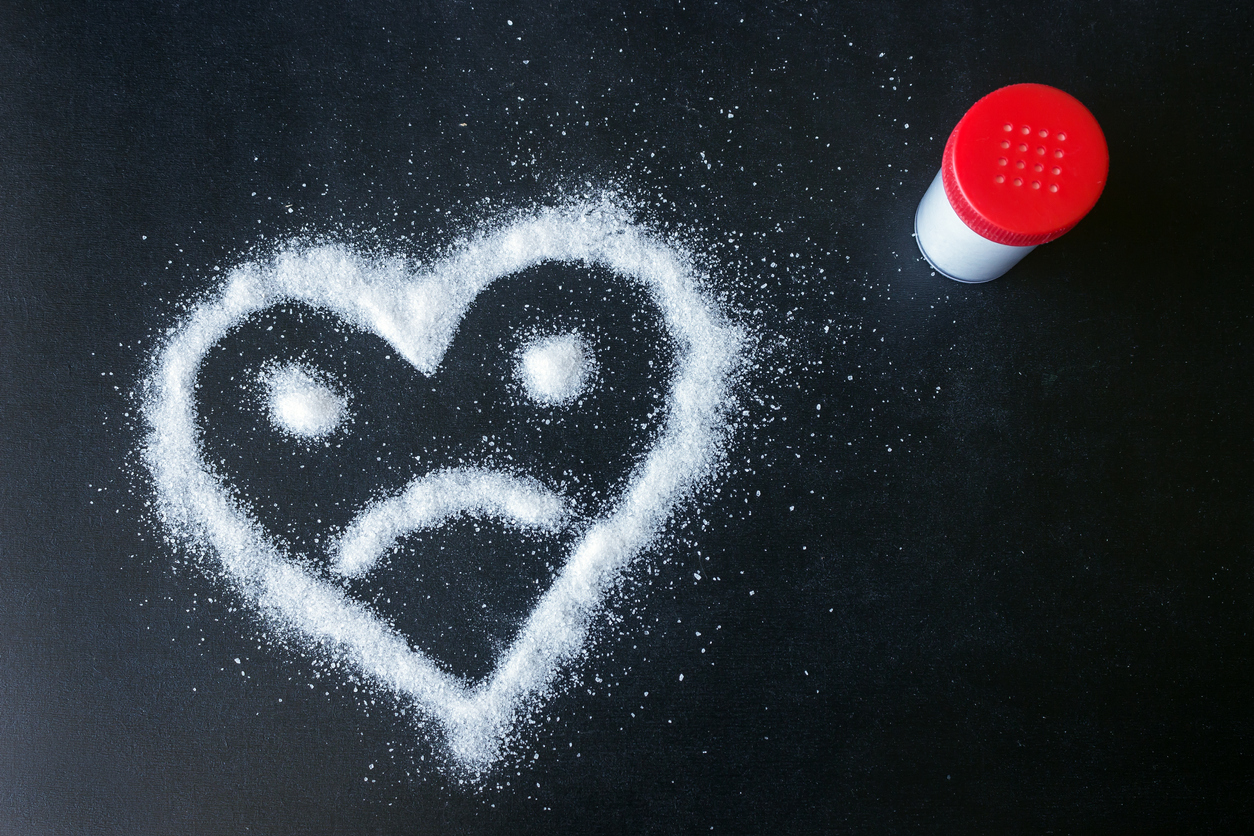Did you know the average American consumes about 57 pounds of added sugar each year? To provide some perspective, that is about 17 teaspoons each day, where the American Heart Association only recommends six teaspoons each day. Since the consumption of added sugar is so far from the recommended amount, it is not hard to see why negative side effects, like heart disease, are being seen increasing at alarming rates across the board. Today we look at the link between sugar and the risk for heart disease. To get more information on treating cardiovascular diseases, contact the experts at Beverly Hills Vein Center today.
The Correlation Between Sugar and an Increased Risk for Heart Disease
We know that Americans who consume too much sugar have an increased risk for heart disease, but what is the correlation between the two? Harvard Health Publishing recently cited a study where those whose caloric intake of added sugar was between 17-21% had a 38% higher risk of dying from cardiovascular disease. From these findings, researchers have concluded that there is a direct correlation between the two; the higher the intake of added sugar, the higher the risk is for heart disease.
How Much Sugar Is Safe to Consume?
In short, there is no formal recommended amount because sugar is not a requirement in a healthy diet. However, instead of immediately trying to cut it out altogether, it may be beneficial to start by taking a better look at where your sugar intake is coming from. For example, fruits and vegetables contain natural sugar while also providing your body with fiber, minerals, and antioxidants. Therefore, it is much healthier to curb your sweet tooth by grabbing a handful of strawberries over a bowl of ice cream. There are also healthier sugar alternatives, like honey, coconut sugar, stevia, and maple syrup. Focusing on being mindful of the sugar you are consuming can help reduce your intake without sacrificing the sweeter things in life.
Eliminating Added Sugar
In addition to incorporating healthier substitutes, it helps to eliminate products with lots of added sugar. For many, this includes items like:
- Soda
- Coffee creamers
- Candy
- Ice cream
- Fast food
- Donuts
- Sports drinks
- Dressings
- Dips.
While this is an excellent place to start, it can be even more advantageous to first learn about the nutrition labels and what they mean. Especially since marketing can be misleading, and sometimes the salad options have even more sugar than the burger! Keep an eye out for grams of sugar, ingredients like corn syrup, and recommended serving sizes.
Other Preventative Measures of Heart Disease
There is no way around it; sugar is a leading factor in an increased risk of heart disease. Reducing the amount of added sugars in your diet is the best preventative measure. Another recommended approach is to schedule regular visits to a cardiologist. They can ensure that everything is normal and there are no red flags to address. For more information on scheduling a visit to the experts at Beverly Hills Vein Center, visit their website.
The health of your heart is vital, and there is no time like to present to make it a priority. The first step is acknowledging the direct correlation between sugar and an increased risk of heart disease. From there, it is important to take the following steps.
- Look into where the added sugar is coming from in your own diet.
- Choose healthier alternatives.
- Make a conscious effort to read the nutrition labels.
To get more information on maintaining a healthy heart or scheduling a visit with the team at Beverly Hills Vein Center, contact us today.

